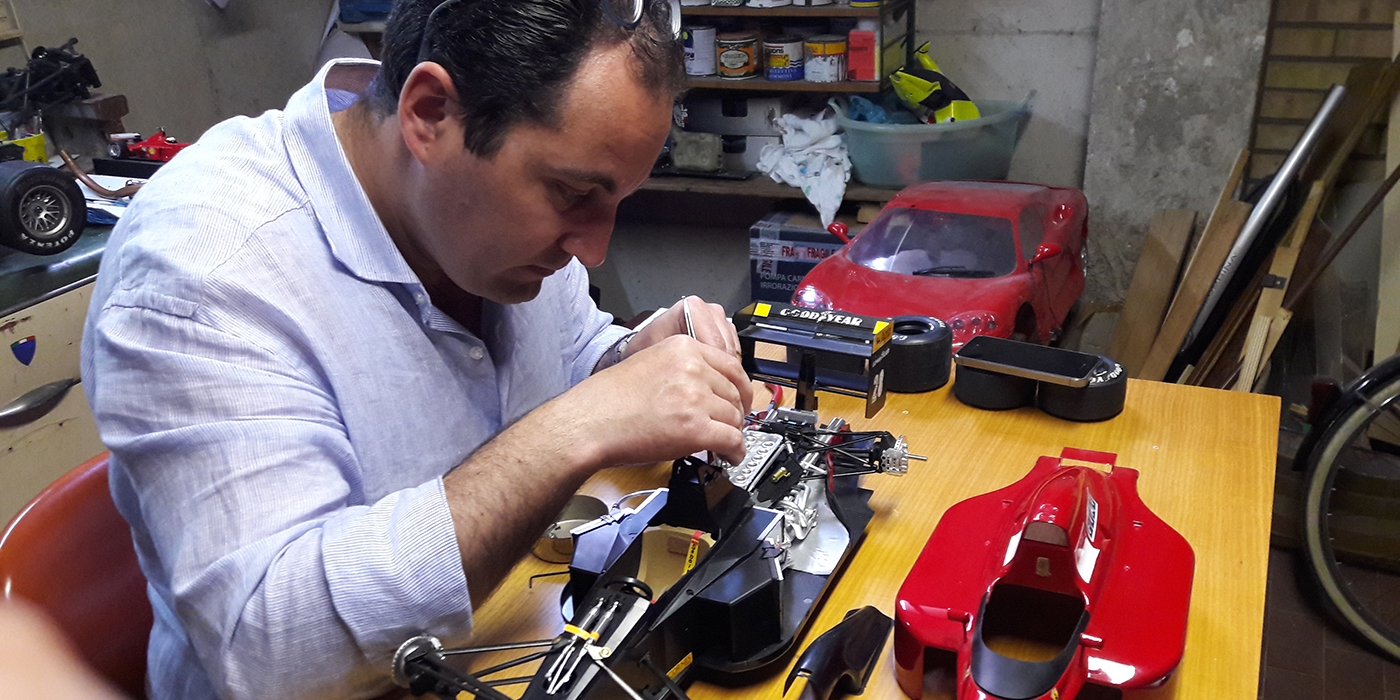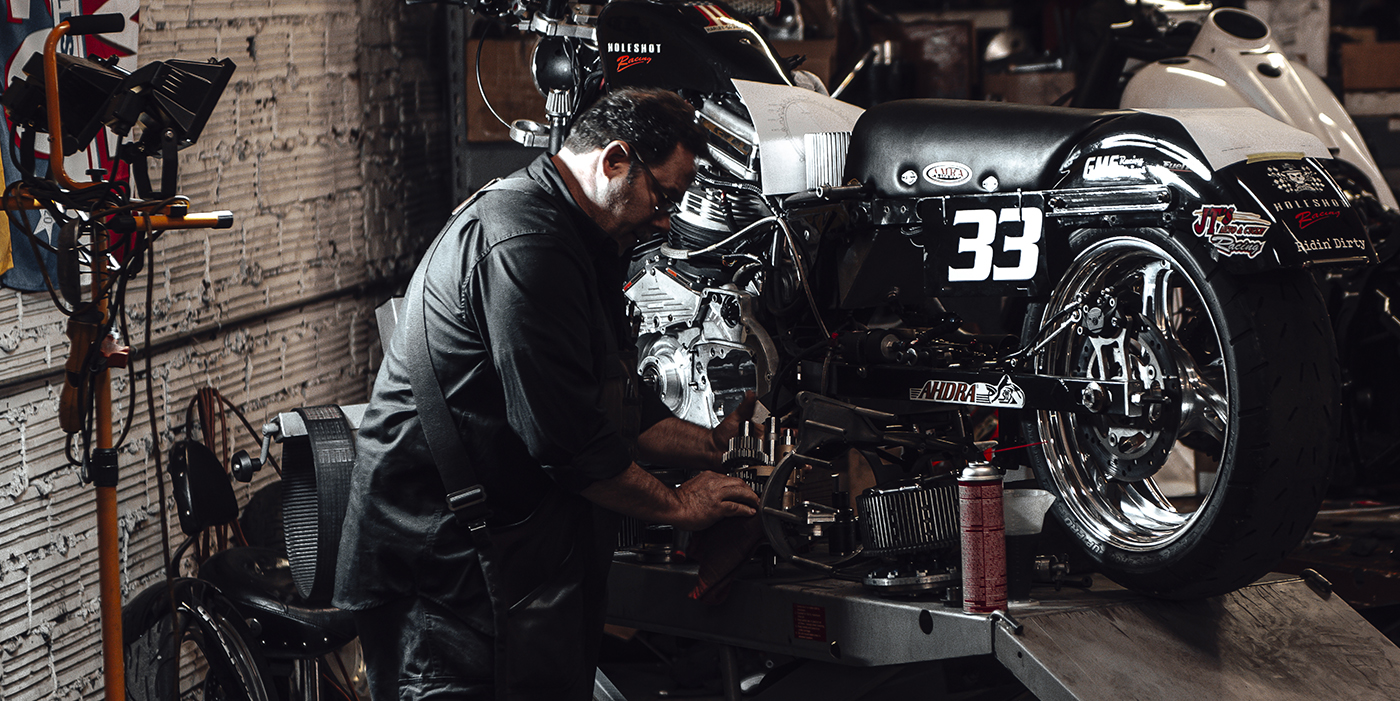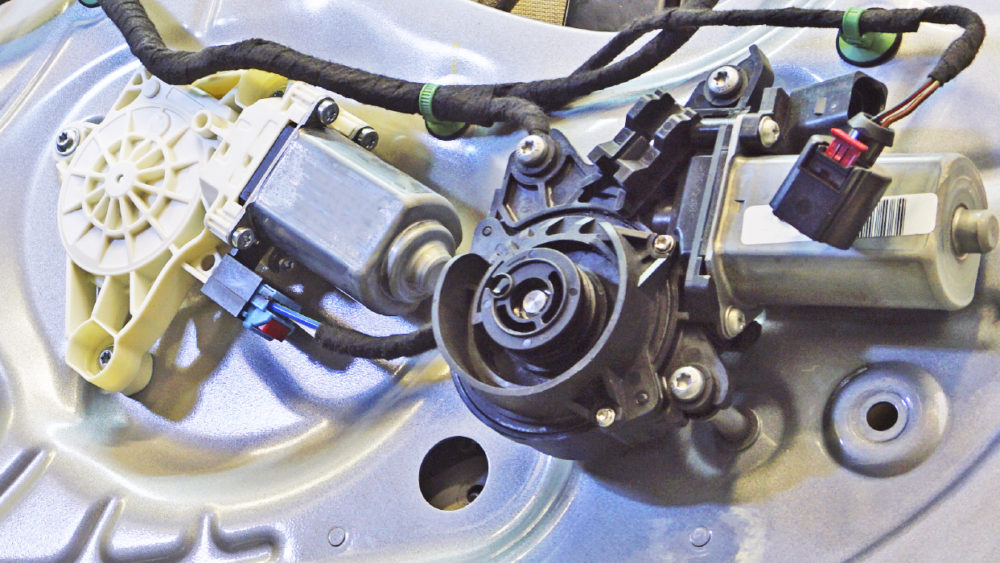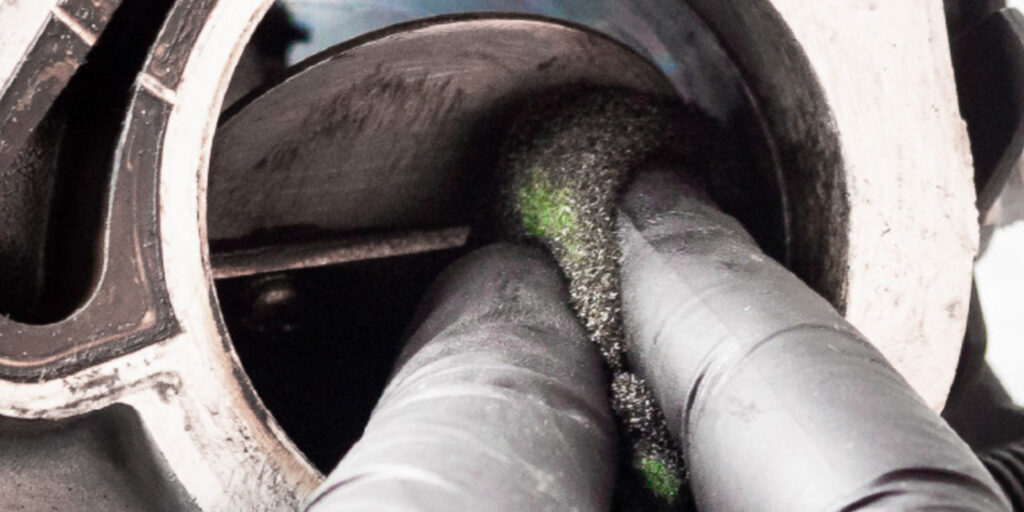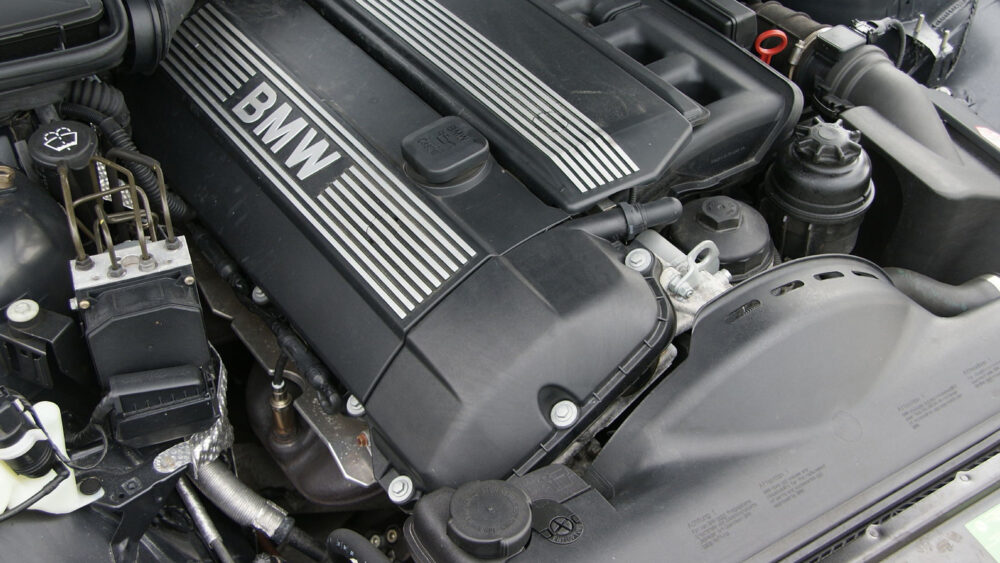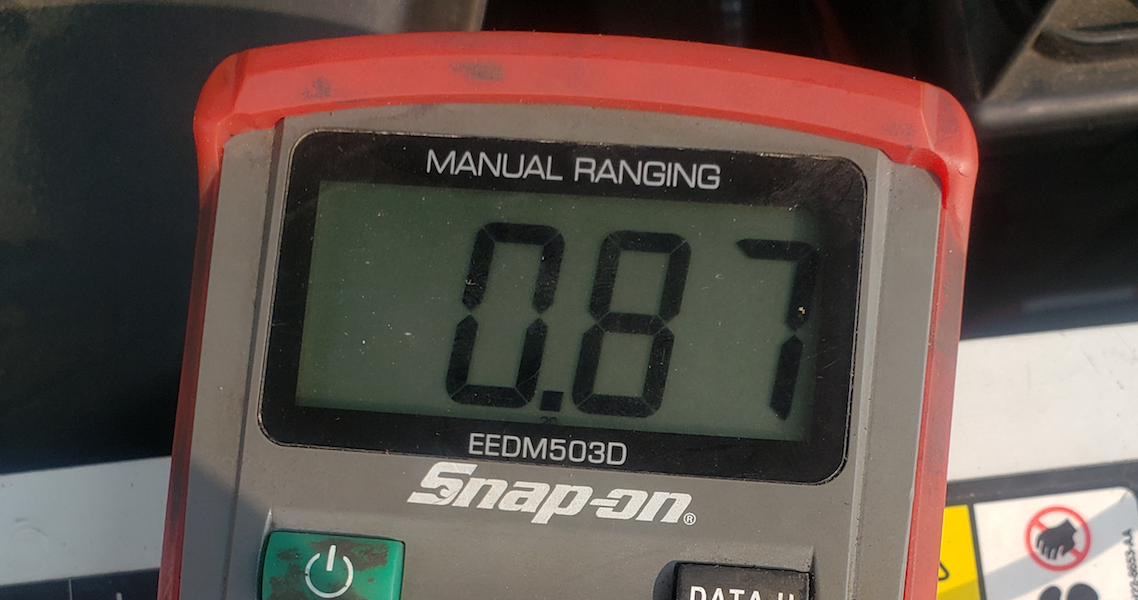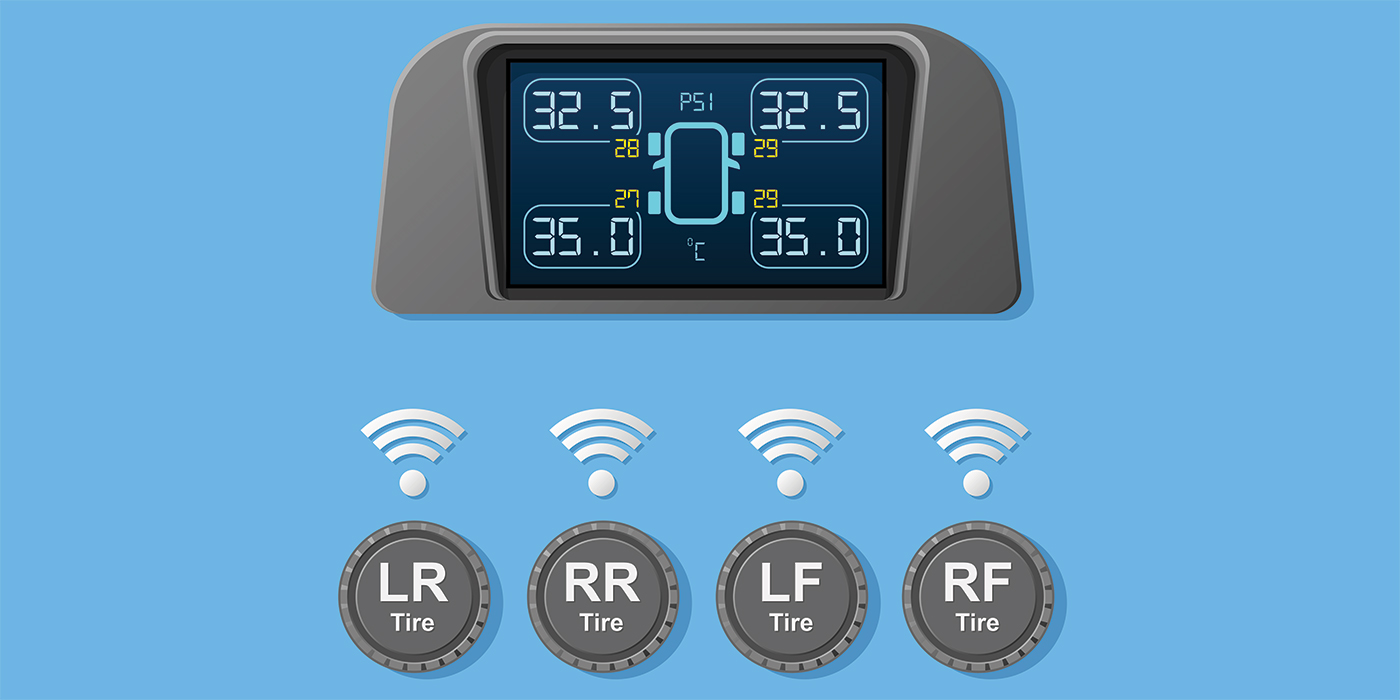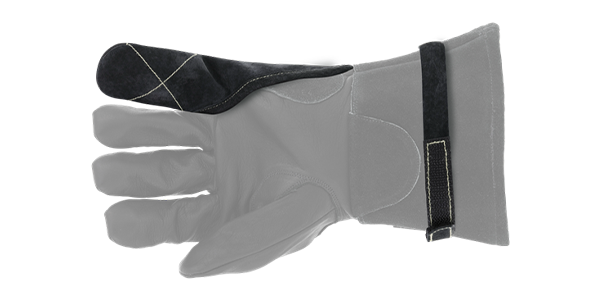“You don’t need safety glasses when using an air hammer if you know how to properly use it,” boasted Technician A. Meanwhile, Technician B was on his way to the emergency room to have a metal sliver removed from his eye.
Luckily no permanent damage was done and once the sliver was removed, some eye drops and an eye patch for a week were all that was required for healing.
I think we all would agree that safety glasses are not always easy to see out of and it’s easy to consider them an inconvenience, but their importance can never be discounted.
Sure, we might not wear them all the time and for certain types of repairs we simply need to be able to see as clearly as possible. But when you are using power tools of any sort — hammers, chisels, saws, files or maybe better put, doing anything that can cause any type of metal or debris to become airborne — safety glasses are an absolute must.
They also offer protection against fluids or corrosive chemicals and should be worn any time you are servicing a battery or working with any type of fluid, especially those under pressure.
As a technician, you may recognize the times that you can safely work without them, but when a customer is in the shop, safety glasses should be required to be worn at all times. A curious customer looking over the shoulder of a technician can unknowingly put themselves in harm’s way.
While the story above is true, believe it or not, the statement is clearly fiction. There is no technician, regardless of their skill, who can control the direction or production of airborne dangers when using power tools.
“I hate wearing gloves, and the chemicals and solvents won’t hurt you anyhow,” said Technician A.
Gloves are like tools. Different styles work for different people and I admit I have to agree somewhat with the prior statement; I don’t always like wearing gloves. They affect my dexterity, and they are too hot in the summer, which are probably the two biggest complaints we all have.

Gloves are an easy compromise though. Latex gloves are great for any job where oils and other fluids will come in contact with your skin and, generally speaking, you only lose minimal dexterity.
Mechanics gloves, as they are commonly known, are best for when using power tools or working with metals or fabrication where you need a greater level of protection. They are very effective at preventing cuts and offer vibration protection from air tools.
If you ultimately don’t like wearing gloves all the time, we get it, but they should be used for any job that involves chemicals or fluids contacting your skin or any with the increased risk of cuts or abuse to your hands and joints
If your shop provides gloves, take advantage of it. If not, make the investment yourself. Specialty gloves, such as welding gloves or solvent tank gloves, however, should be provided by your shop.
So, is the statement fact or fiction? Most of the chemicals we use to do our job won’t have an immediate effect if we come in contact with them, but in the long term they absolutely can and will do damage to your skin — and possibly have a negative effect on your overall health. Most of the chemicals we use are toxic, flammable and/or corrosive. Can that possibly be good for your skin?
And here’s some “food” for thought. When was the last time your hands were all covered in grease and dirt, then you decided to order pizza for lunch? After wolfing down a few pieces, have you noticed how clean your fingertips were? You just snacked on some of that grease.
“Kneeling on the concrete doesn’t bother me,” said Technician A. “You guys are just wimps.”
A lot of us may have to admit that we said that at one point, but you know what happened? We got older and things started to hurt. So we are including foam kneeling pads and mats in our PPE article this year. The long-term effects of walking and kneeling on concrete day in and day out will catch up with you quicker than you think, so do your body a favor and make it easier on it when you can.
“I don’t wear a mask and, besides, they won’t stop you from getting COVID,” said Technician A.
Well, we’re not going to argue and say this is fact or fiction, and we certainly don’t have any medical qualifications to say either way, but the medical community says they are effective and if you’ll allow us our opinion, we agree.
If you think traditional masks are uncomfortable, there’s good news in the form of neck gaiters. Not only are they more comfortable, but in a joint study from the Centers for Disease Control and the National Institute for Occupational Safety and Health, they revealed that double-layered neck gaiters are as effective or in some cases more effective than cloth or surgical masks in preventing the transmission of aerosol particles that may spread COVID-19.
More importantly, it’s this PPE that shows you respect and care about your customers and their well being. Hopefully the near future will allow us to relax the mask orders, but the reality is, there may be people who will continue to wear a mask, and we should continue to have them for our own use.
In addition to disposable masks and gaiters, hand sanitizers and disinfectants are here to stay. They provide another way to protect you, your customers and your family.
Having disposable masks within reach as part of our daily routine has also exposed another great use for them. How often have you used cleaning discs on a die grinder to clean rust or a gasket surface and filled the air with debris and dirt? Or used a wire wheel to clean corrosion off a rim when changing a tire? It’s the perfect time to grab one of those masks and give your lungs a break.
“I always wear a hardhat to work,” said Technician A.
OK, we all know I made this one up. I’ve never known anyone to wear a hardhat or helmet in a repair shop, but I have to admit, after one of those weeks where you crack your head a few times on the bottom of a lift, I often think about it. If only someone would invent one for auto technicians.
“I won’t wear hearing protection, it messes up my hair,” said Technician A.
WHAT DID YOU SAY? Exactly. This one is true, and I’ve heard it more than once. It’s true, but not smart. Loud noise in a shop will do damage to your hearing. It’s a fact. If you don’t want to wear the ear-muff style of hearing protection to preserve your vanity, use the expanding foam type that is almost unnoticeable in your ear. Either way, you should never ignore hearing protection. And if you’re worried about messing up your hair, we fix cars. This is not a beauty parlor. Deal with it.
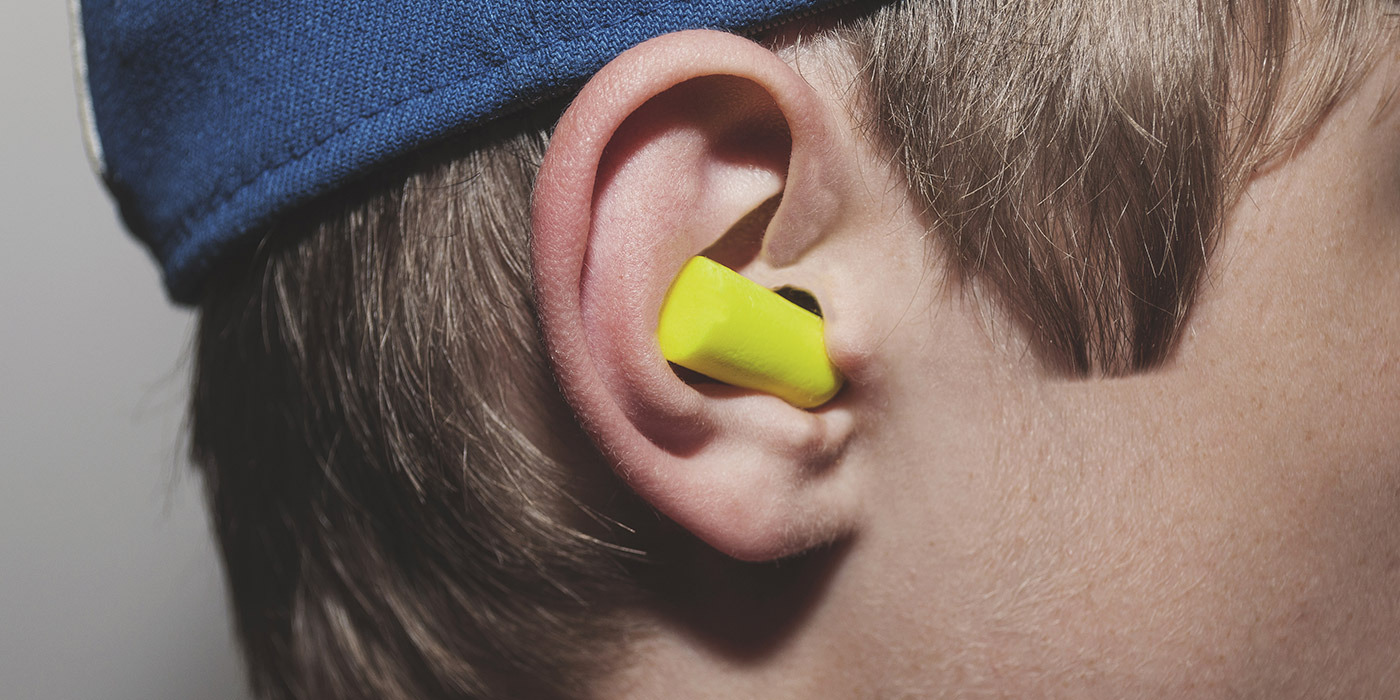
So, what if an injury does happen? PPE is designed to prevent injuries, but they’ll still happen and a properly stocked first aid kit should always be available in your shop. I was recently in the shop at a large chain auto repair facility when I checked the first aid cabinet only to find two old band-aid wrappers and a plastic pair of tweezers. That was it. “I’ve been meaning to get to that,” said the store manager. This is another true story and a completely unacceptable one.
Keep yourself safe and keep your shop safe. Be prepared for accidents or injuries that may occur. A safe work environment reflects the care you have for your customer, coworkers and employees.
It’s a fact.


